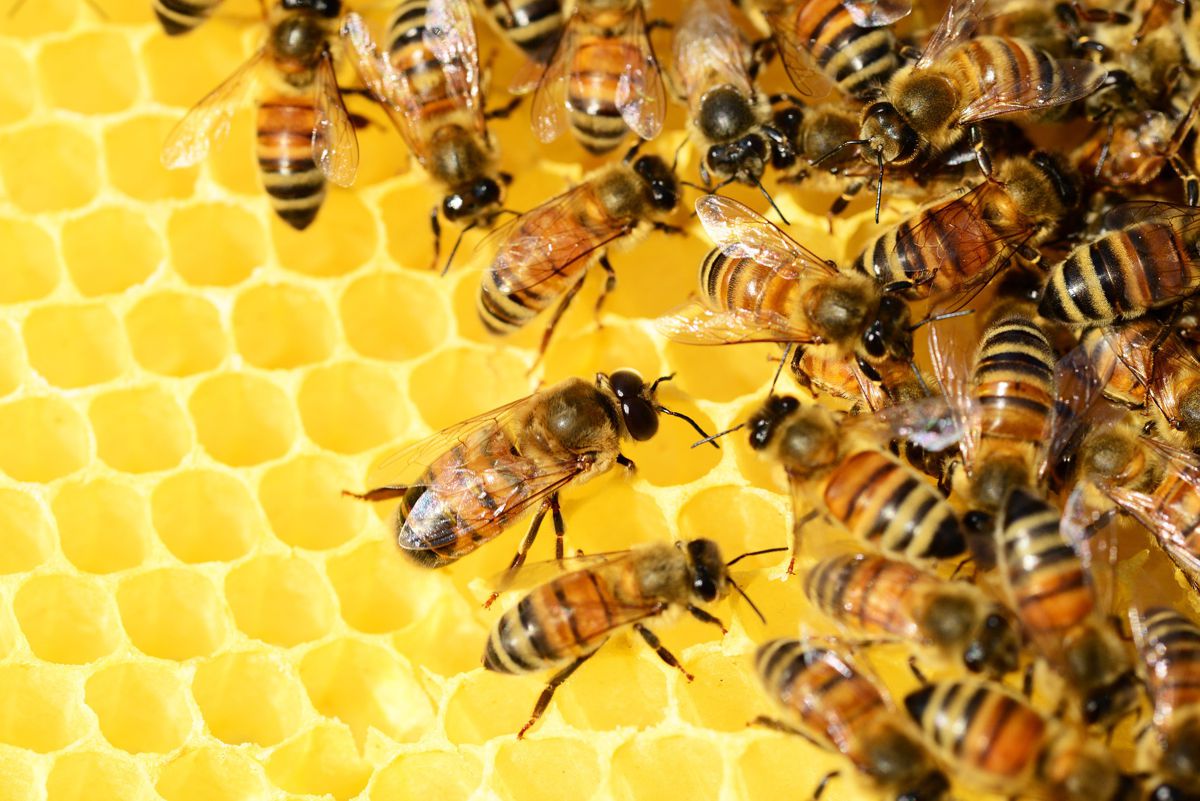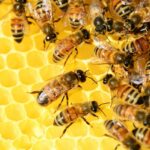The Buzz about World Bee Day
Bees play a vital role in our ecosystem, contributing to pollination, biodiversity, and food production. To raise awareness about their importance and the threats they face, World Bee Day was established.
Here we explore the significance of World Bee Day, the challenges bees encounter, conservation efforts, the crucial role of bees in pollination, the benefits they bring to the ecosystem, beekeeping and honey production, as well as the impact of bee decline. Let’s dive into the world of these incredible creatures and discover why they deserve our attention and protection.
Bees have been buzzing around for millions of years, diligently collecting nectar and pollen while inadvertently fertilizing flowers in the process. Their remarkable behaviour and extraordinary abilities have captivated scientists and nature enthusiasts alike. Beyond their buzzing sound and sweet honey, bees play a critical role in sustaining our planet’s biodiversity and food security.
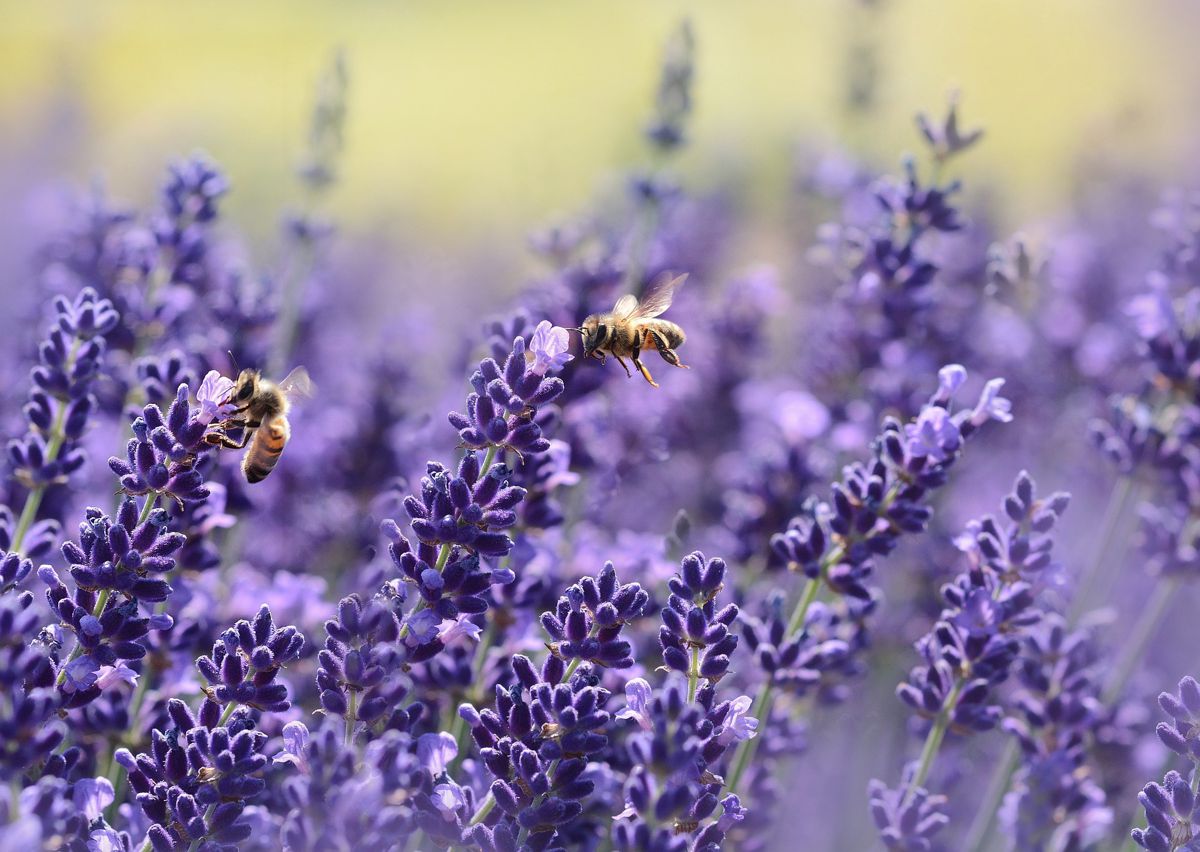
Importance of Bees
Bees are essential for pollination, enabling the reproduction of flowering plants. They transfer pollen from the male parts (stamen) to the female parts (pistil) of flowers, facilitating fertilization and the production of seeds and fruits.
This process is vital for the growth of many crops, including fruits, vegetables, nuts, and oilseeds, making bees indispensable to global food production.
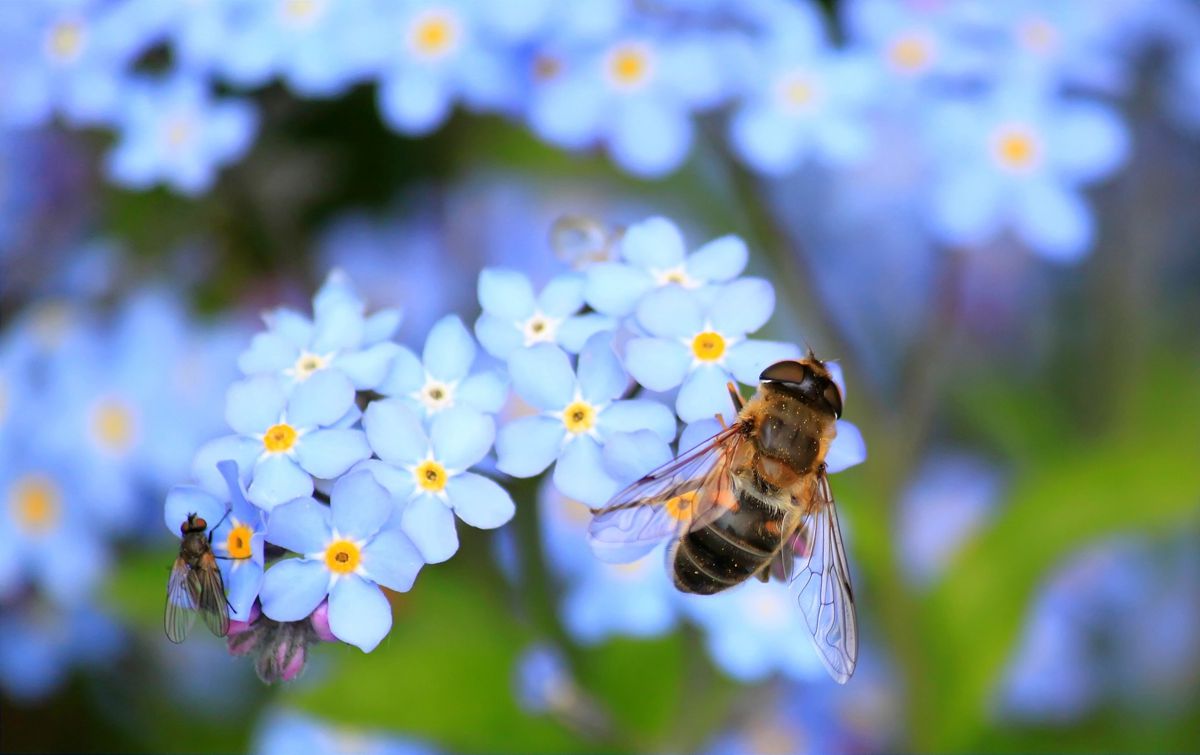
World Bee Day: History and Significance
World Bee Day, celebrated on May 20th each year, was established by the United Nations in 2017. It aims to raise awareness about the significance of bees and other pollinators, as well as the threats they face.
This observance highlights the importance of preserving bees and their habitats for the benefit of ecosystems, agriculture, and human well-being.
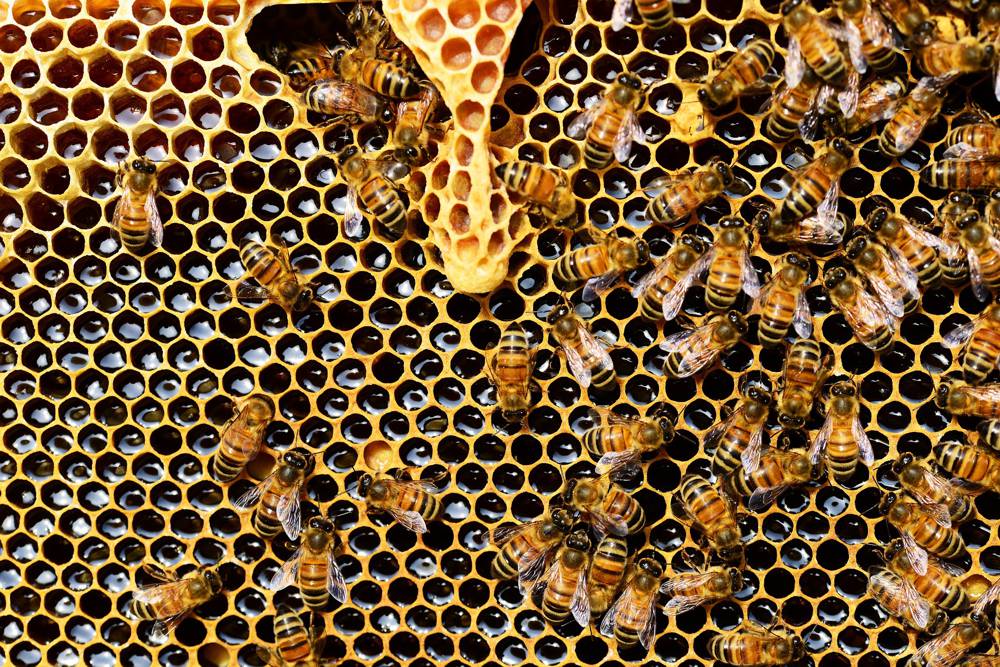
Threats to Bees
Bees face numerous threats that jeopardize their populations worldwide. Pesticide use, habitat loss, climate change, parasites, diseases, and the decline of flowering plants are among the primary factors contributing to their decline.
These threats not only endanger bees but also disrupt the delicate balance of our ecosystems and agricultural systems.
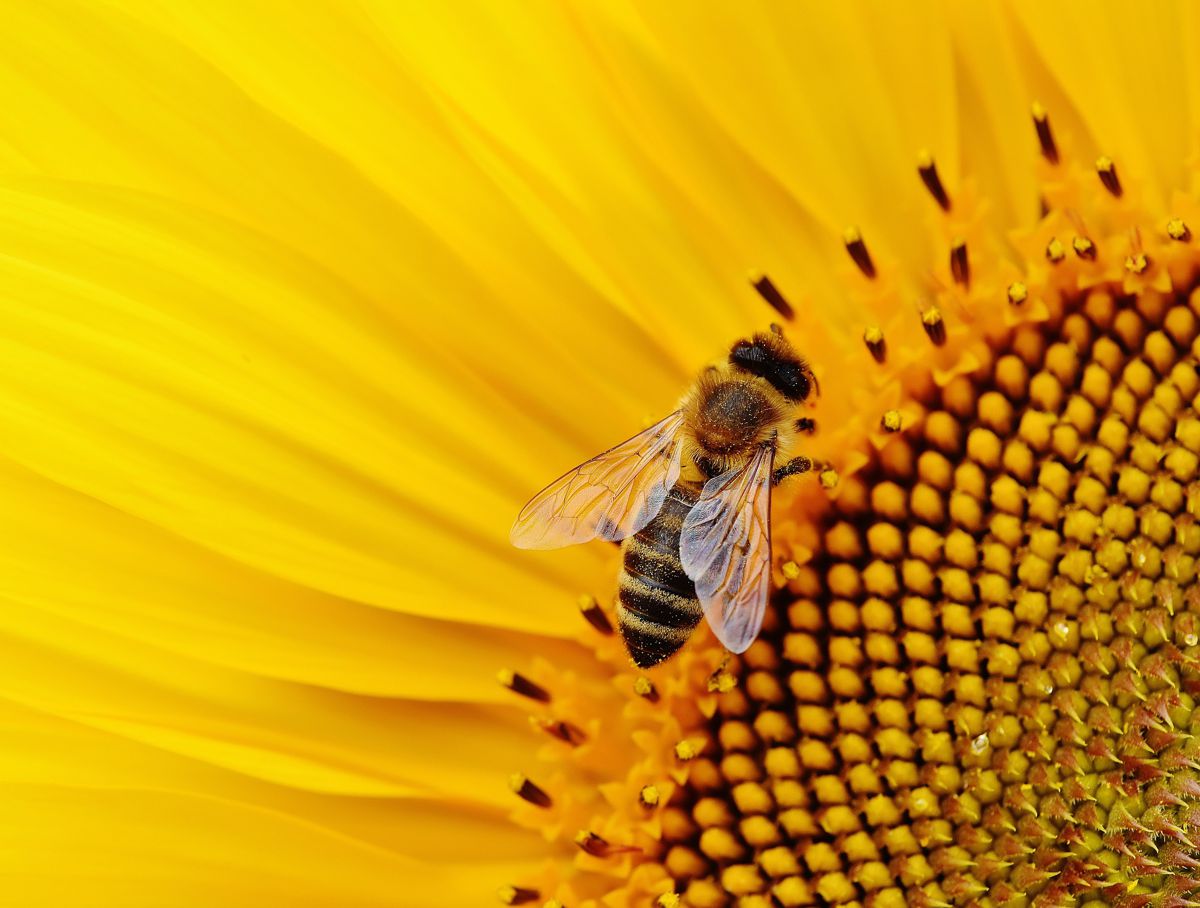
Conservation Efforts
To address the challenges faced by bees, various conservation initiatives have been implemented globally.
Organizations and individuals are working together to protect bee habitats, promote sustainable farming practices, reduce pesticide usage, and raise awareness about the importance of bees.
Such efforts are crucial to safeguarding these valuable pollinators and preserving biodiversity.
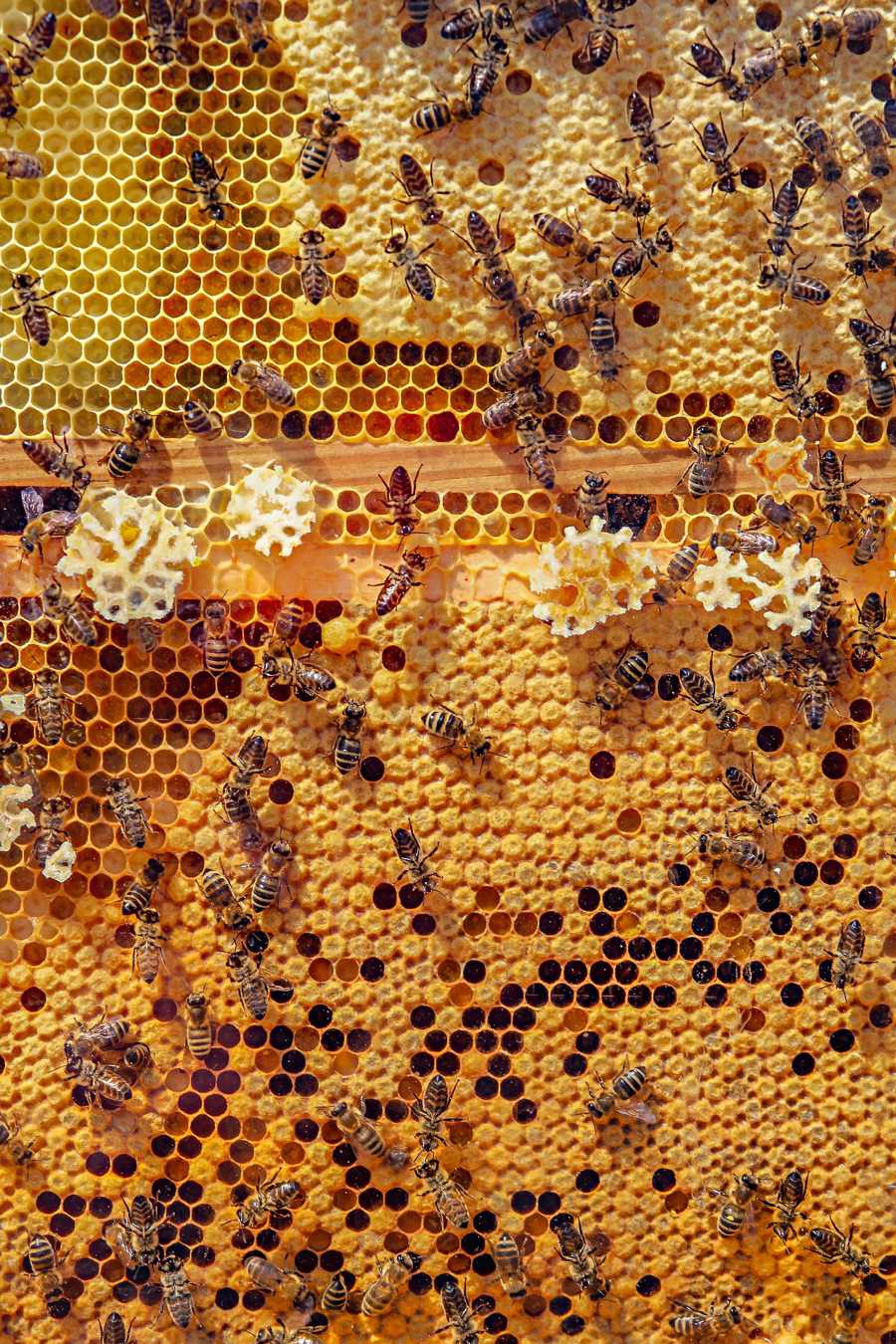
Role of Bees in Pollination
Bees are remarkable pollinators due to their specialized adaptations. As they collect nectar from flowers, pollen sticks to their bodies and is carried from one flower to another.
This process fertilizes plants and allows them to reproduce. Without bees, many plant species would struggle to survive, leading to a decline in biodiversity and reduced crop yields.
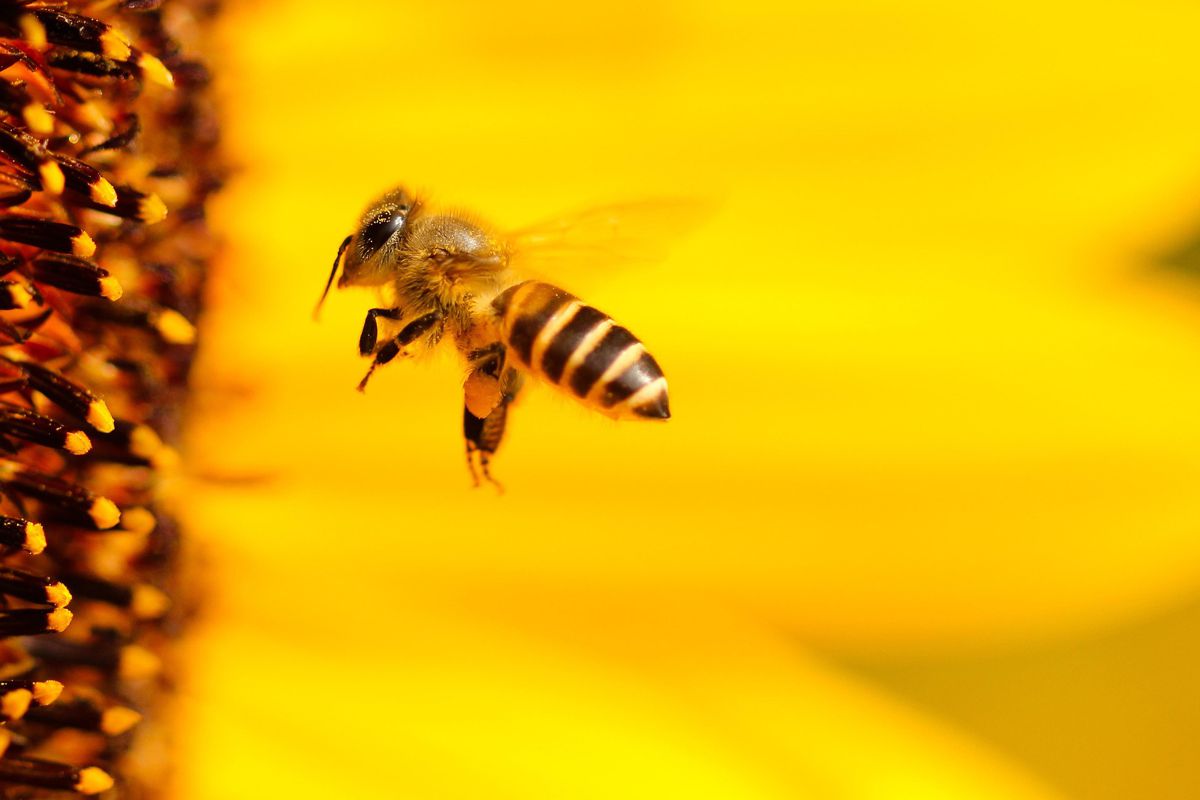
Benefits of Bees to Ecosystem
Bees contribute significantly to the overall health and functioning of ecosystems. Their pollination services ensure the reproduction of flowering plants, which provide food and habitat for numerous animal species.
Bees also support the growth of trees and contribute to the production of oxygen. The interconnectedness of bees and ecosystems highlights the crucial role they play in maintaining biodiversity.
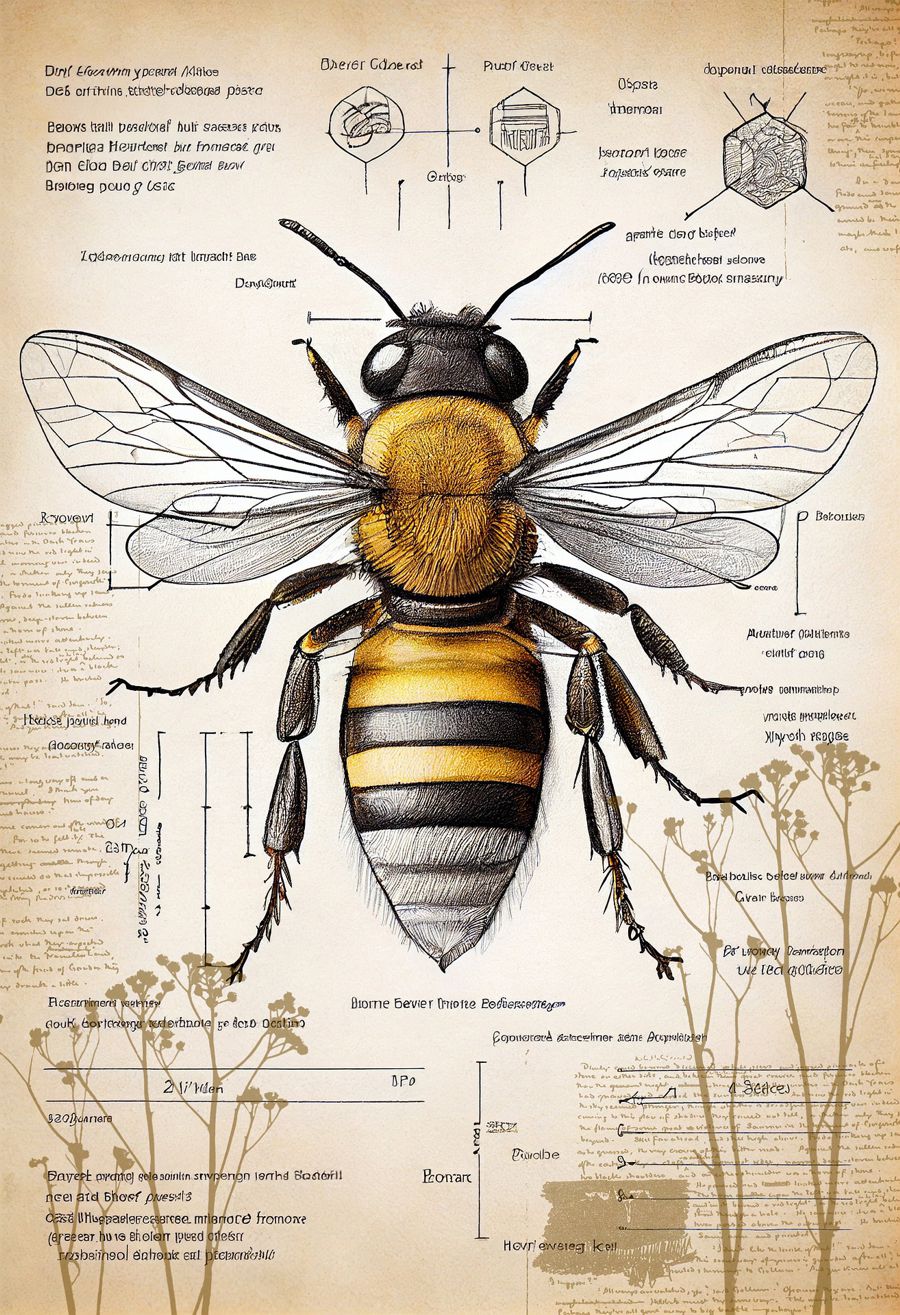
Beekeeping and Honey Production
Beekeeping, also known as apiculture, is an ancient practice that involves the maintenance of honeybee colonies. Beyond their importance in pollination, bees also provide us with a delightful gift—honey.
Beekeepers harvest honey, beeswax, propolis, and royal jelly from their colonies, which have various uses ranging from culinary delights to skincare products and alternative medicine.
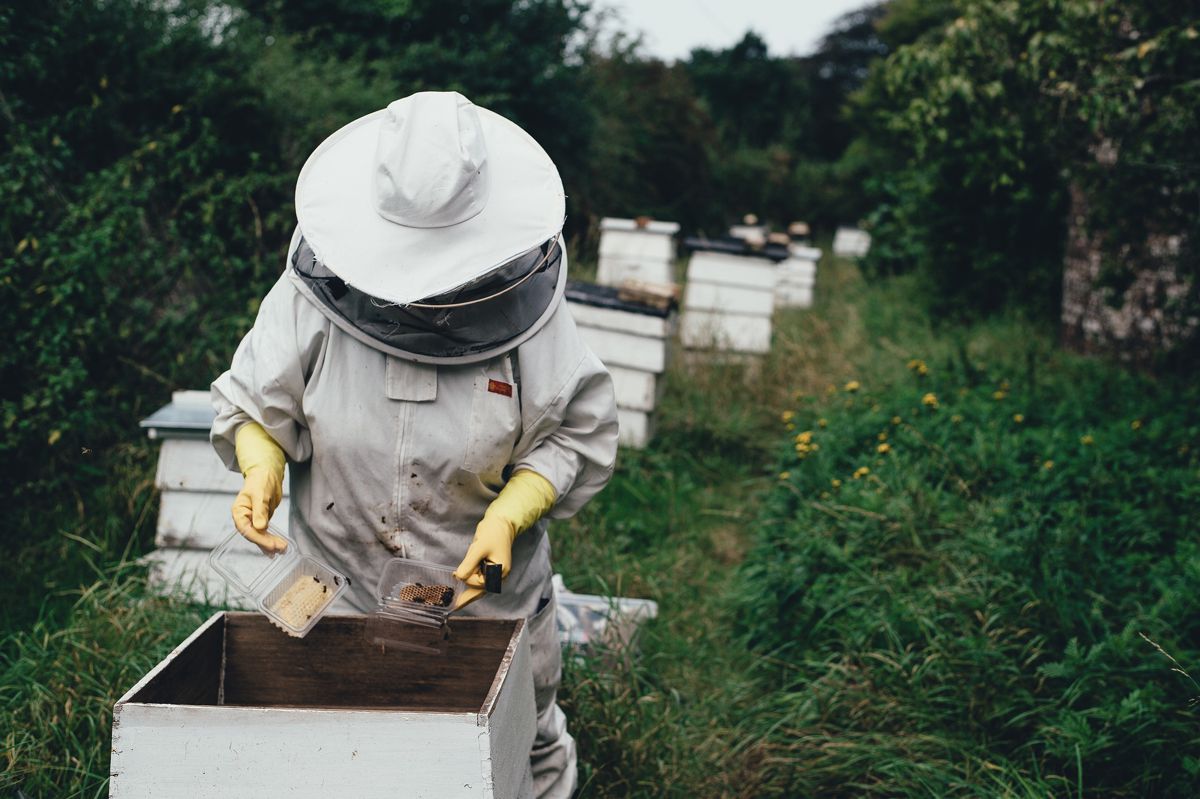
Honey as a Natural Sweetener
Honey has been used as a natural sweetener for centuries, offering a flavourful and healthier alternative to processed sugars. It contains essential nutrients, antioxidants, and antimicrobial properties.
Honey’s distinct flavours and textures vary depending on the flowers from which bees gather nectar. It is a versatile ingredient that enhances a wide range of culinary creations.
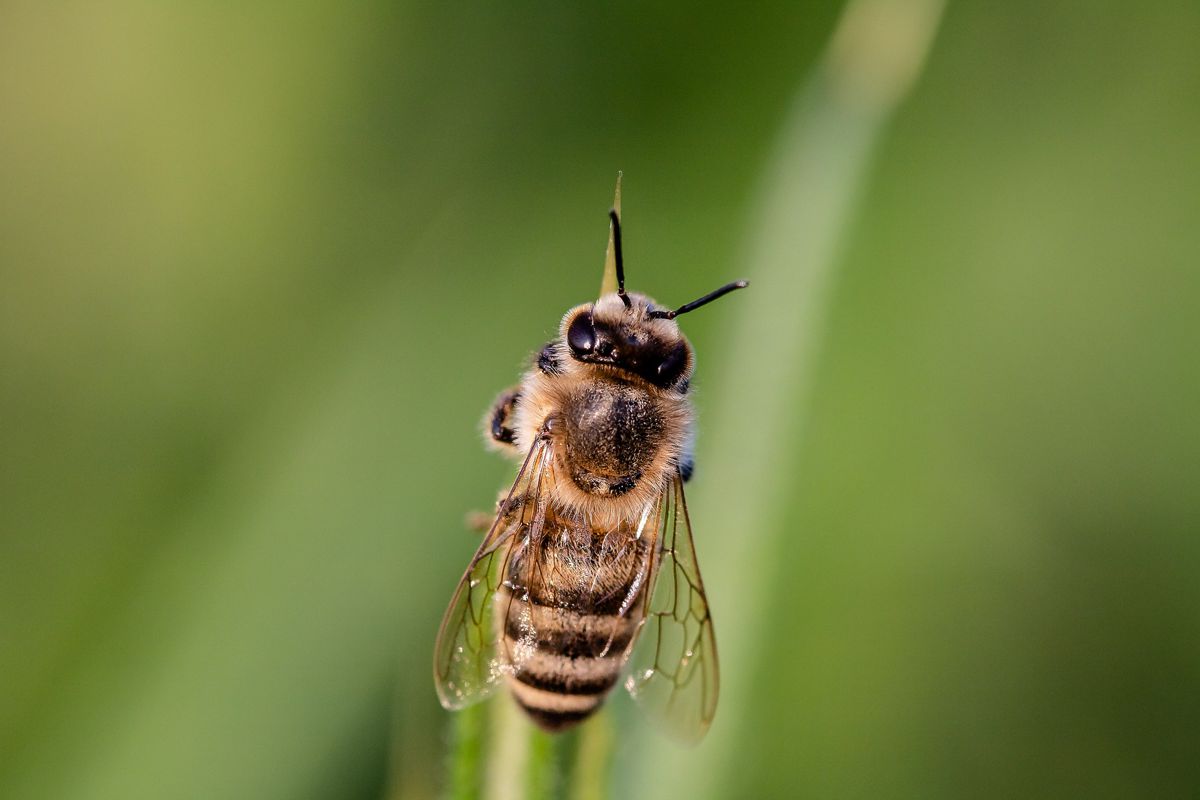
Bee Products and Their Uses
Bees provide us with an array of valuable products apart from honey. Beeswax is widely used in candle-making, cosmetics, and furniture polish.
Propolis, a resinous substance collected by bees from trees, has antimicrobial properties and is used in natural remedies. Royal jelly, a nutrient-rich secretion, is fed to bee larvae and has gained popularity as a dietary supplement.
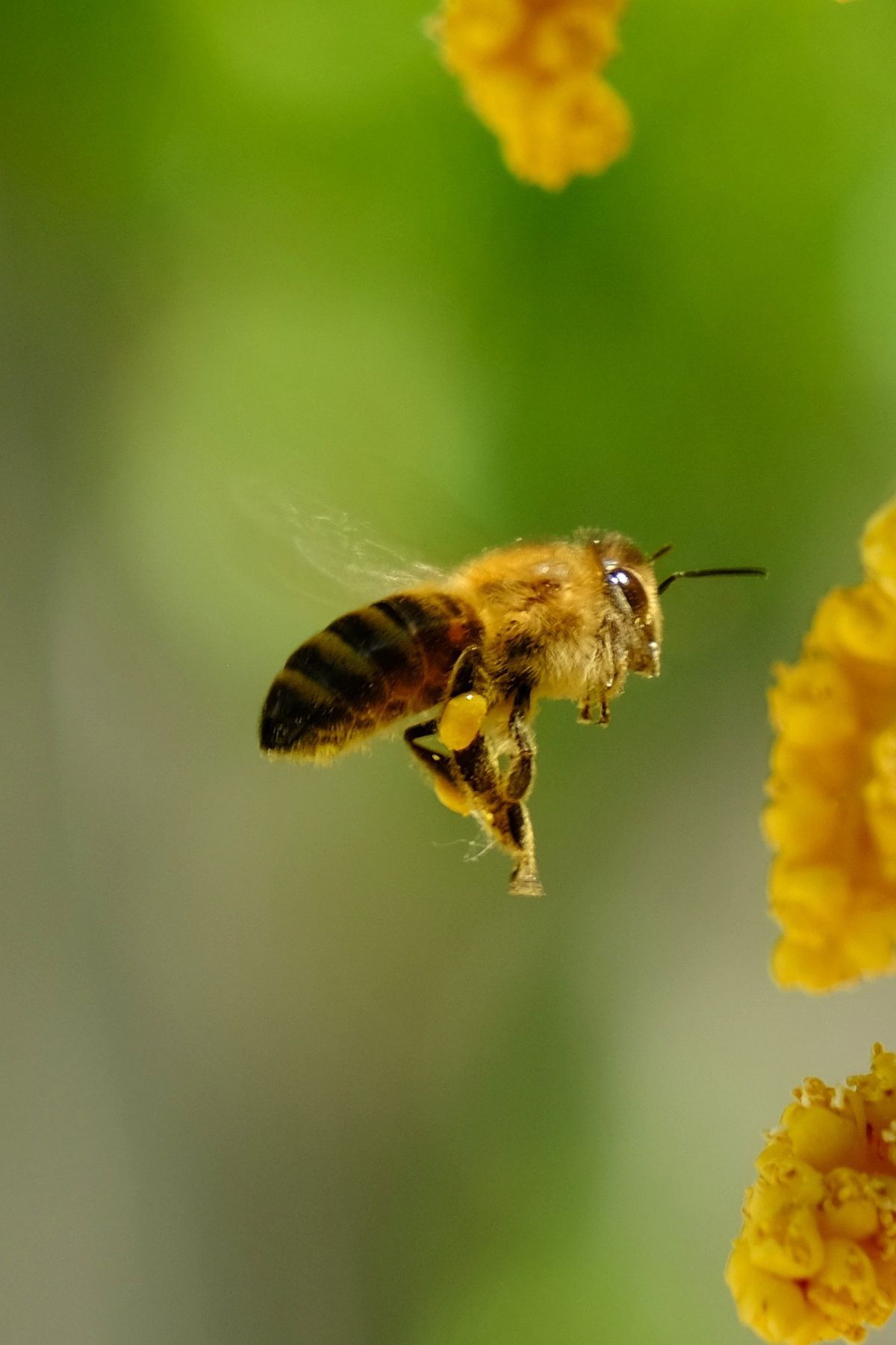
Bee Decline and its Impact
The decline of bee populations worldwide is a cause for concern. Bee decline negatively affects ecosystems, food security, and agricultural productivity. The loss of pollinators disrupts natural processes, leading to decreased biodiversity and reduced crop yields.
This decline also impacts industries reliant on bees, such as honey production and agriculture, potentially resulting in economic repercussions.
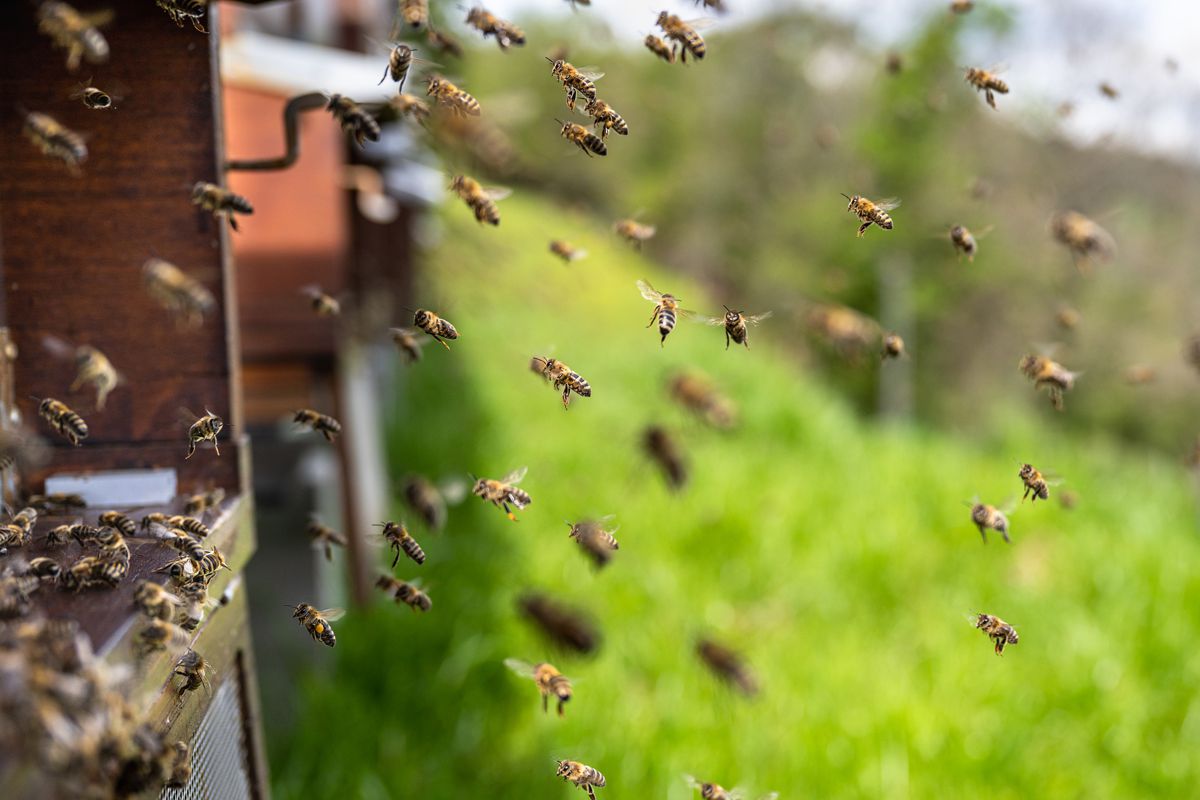
Promoting Bee-Friendly Practices
To reverse bee decline, individuals and communities can adopt bee-friendly practices. Planting pollinator-friendly flowers, creating bee-friendly habitats, avoiding pesticide usage, and supporting local beekeepers are some ways to make a positive impact.
By taking collective action, we can contribute to the preservation of bees and safeguard the delicate balance of our ecosystems.
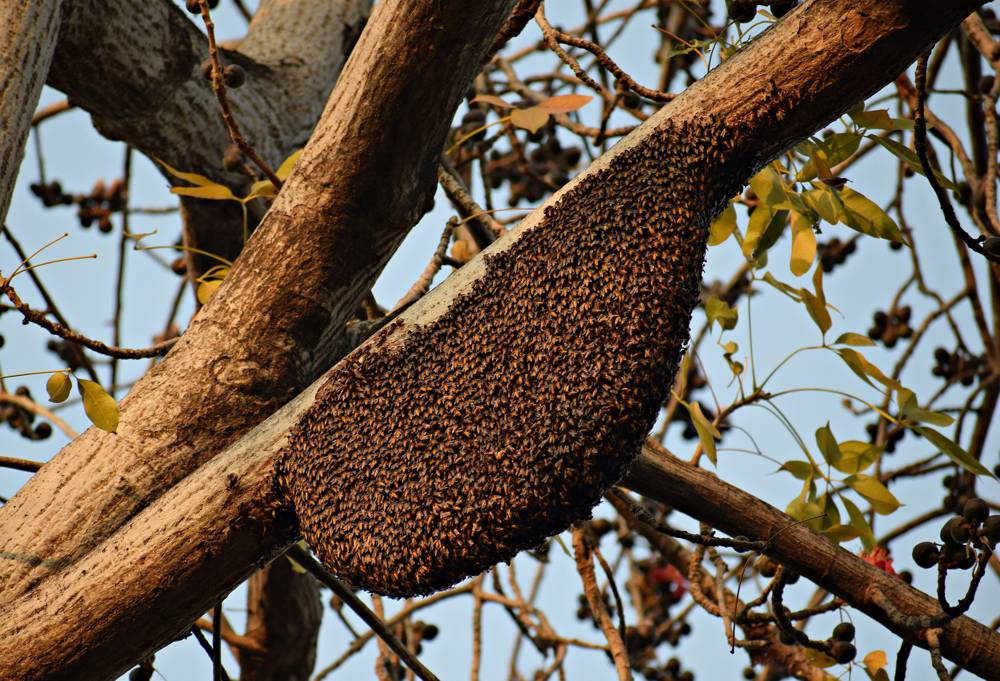
World Bee Day serves as a reminder of the crucial role bees play in our lives and the urgency to protect them. These incredible creatures contribute to biodiversity, food security, and the well-being of our planet.
By understanding their importance, raising awareness, and taking concrete steps to conserve bees and their habitats, we can secure a future where these remarkable pollinators thrive.
